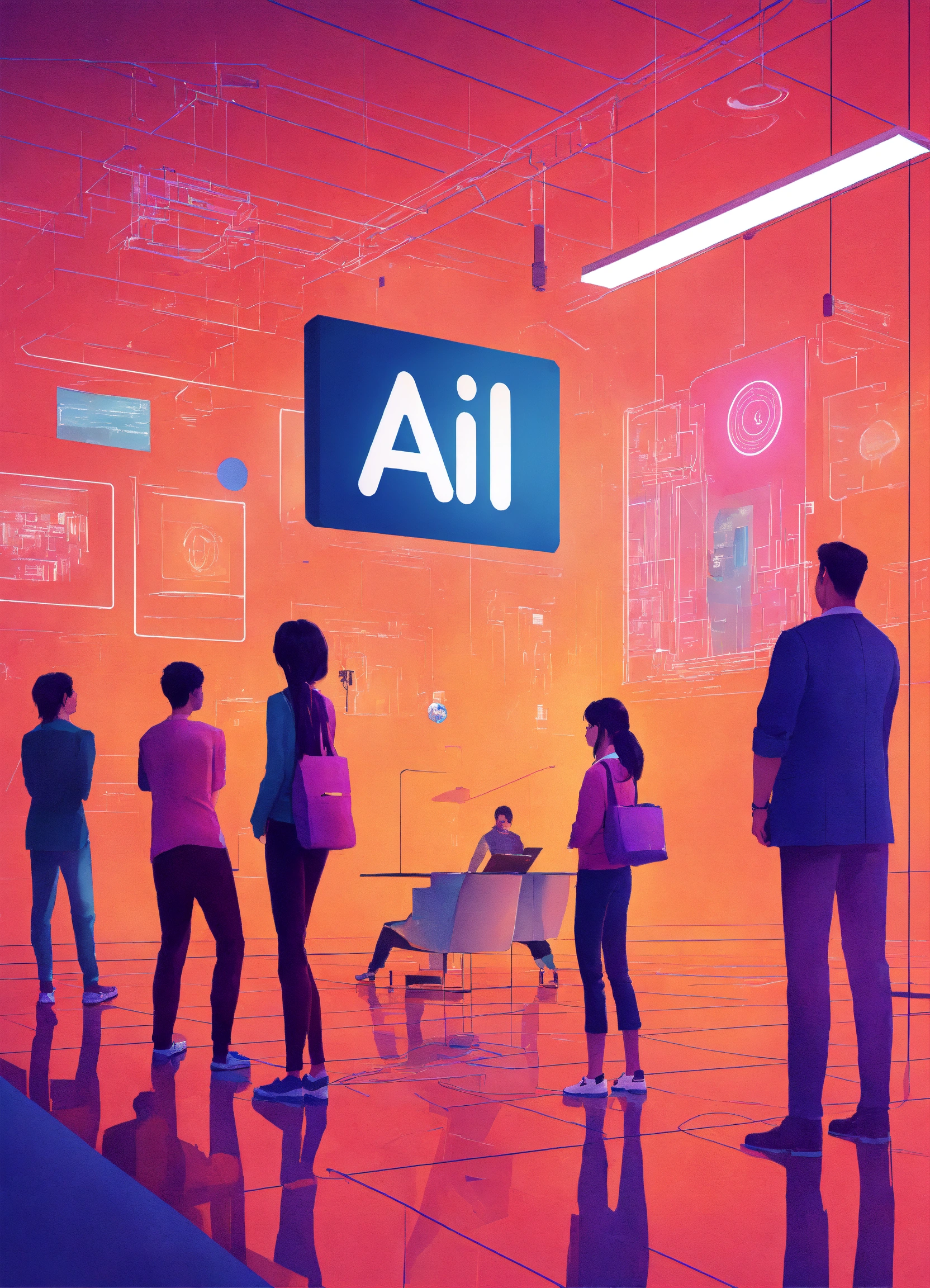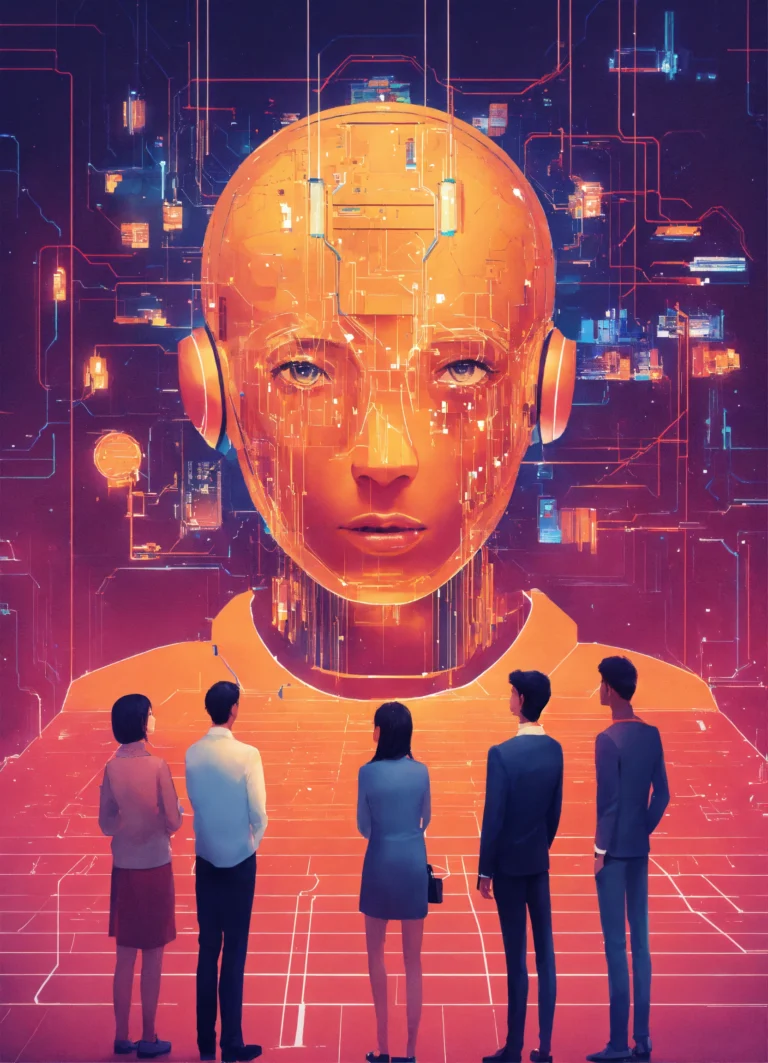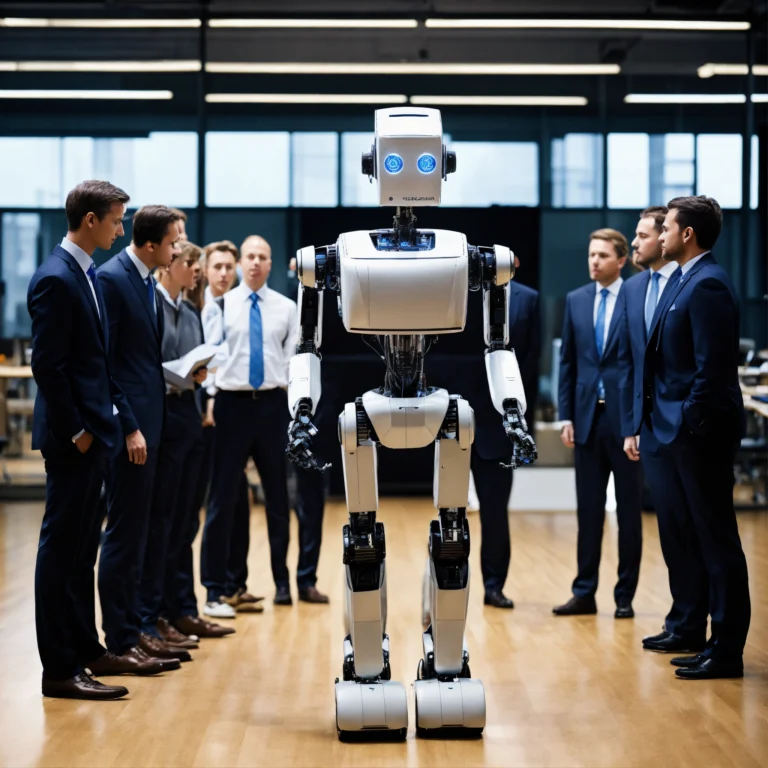Many companies are increasingly recognizing the potential of artificial intelligence (AI) to reshape their operational frameworks and enhance their competitive edge. As you venture into the world of AI-driven innovation, it’s important to understand how this technology will continue to evolve and what implications it holds for your business and the tech industry at large.
One of the most exciting aspects of AI is its ability to automate tasks that once required human intelligence. This includes everything from data analysis to customer service interactions. By adopting AI tools, you can free up your workforce to focus on more complex and value-added tasks. Think about how machine learning algorithms can analyze large datasets to unearth insights that inform your strategic decisions. The future will see more companies embracing AI technologies that offer real-time analytics, driving faster decision-making.
In addition, the ongoing integration of AI into various industries uncovers new opportunities for improving customer experiences. Advanced AI-driven chatbots and virtual assistants offer personalized assistance to users, making their interactions more efficient. As a business owner, investing in such AI solutions could set your organization apart by delivering unmatched customer satisfaction. Customers today expect speed and convenience, and AI can significantly enhance these aspects.
Another area where AI is making waves is in predictive analytics. By leveraging past data and trends, AI systems can anticipate future behaviors and needs, allowing your business to be proactive rather than reactive. This could mean anything from adjusting inventory levels to personalizing marketing campaigns. You can stay a step ahead of the competition by identifying patterns and tailoring your offerings based on what your customers might want next.
You may also want to explore the increasing importance of ethics in AI development. As algorithms become more complex, concerns surrounding biases and transparency are coming to the forefront. The industry is beginning to recognize that responsible AI can not only enhance brand reputation but also ensure compliance with government regulations. By adopting ethical AI practices, you set an example that resonates with consumers who prioritize socially responsible brands.
Furthermore, collaborative human-AI interactions are gaining traction. Advanced AI systems are not about replacing human roles but augmenting them. Imagine an environment where AI assists your teams in problem-solving by providing insightful data and predictions. This synergy leads to enhanced creativity and innovation. By embracing this collaborative model, you can drive productivity and foster a culture of continuous improvement within your organization.
As you look ahead, you should take note of the rapidly evolving developments in AI technology. Emerging trends such as generative AI, which focuses on creating new content, or AI-powered cybersecurity tools designed to protect sensitive data, are set to reshape the industry landscape. By staying informed and adaptable, you’ll be well-positioned to leverage these advancements for your business growth.
The future of the tech industry is undoubtedly tied to AI-driven innovation. As you embrace these changes, you open the doors to a range of possibilities that can redefine not only operational efficiencies but also customer connections and market strategies.




